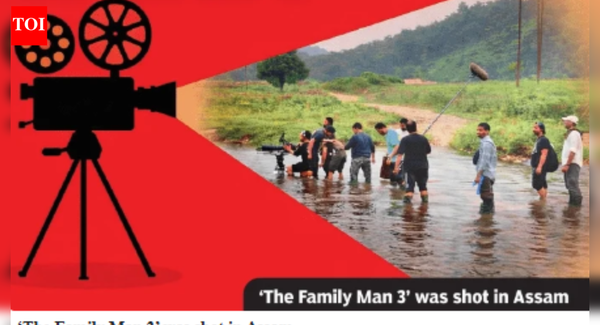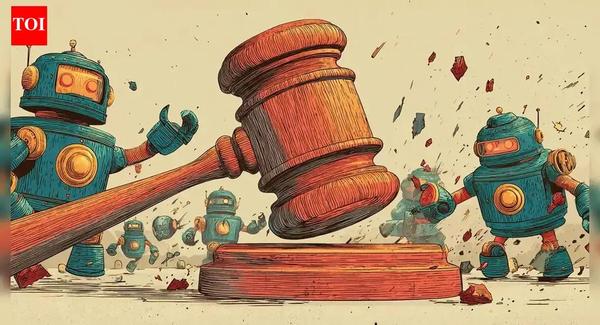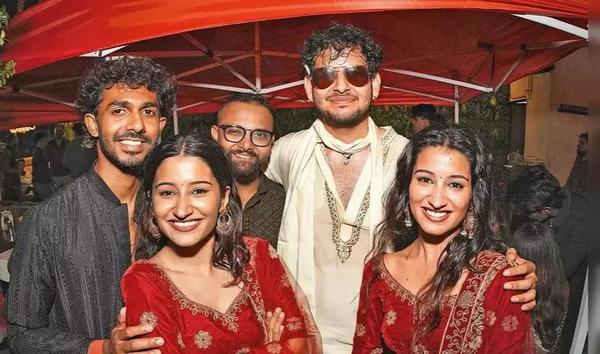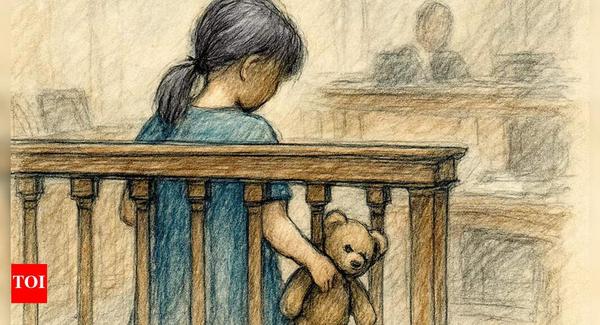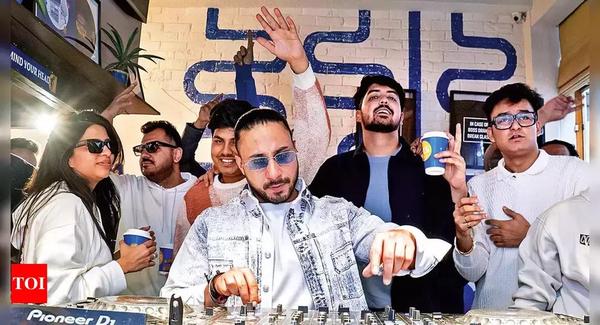

Co-ordinating Editor, Features at The Times of India, Mumbai | Chevening SAJP Fellow | Formerly with The Telegraph, Calcutta
Couldn’t believe what the newspapers said and so I became a journalist! It's been 19 years since and quite the life-coach as I wake up to its power and purpose every day. A good story is as much about everyday people and places as it is about the president or popstar. Those are the stories I hope to tell, make them relevant through compassionate, informed narratives that's cliche-free. And, given the age of scrolling and snap judgments, we live in today I still believe in sitting with a story. There is no substitute for a thoughtfully researched piece. That’s the kind of journalism I try to practice. And protect.


